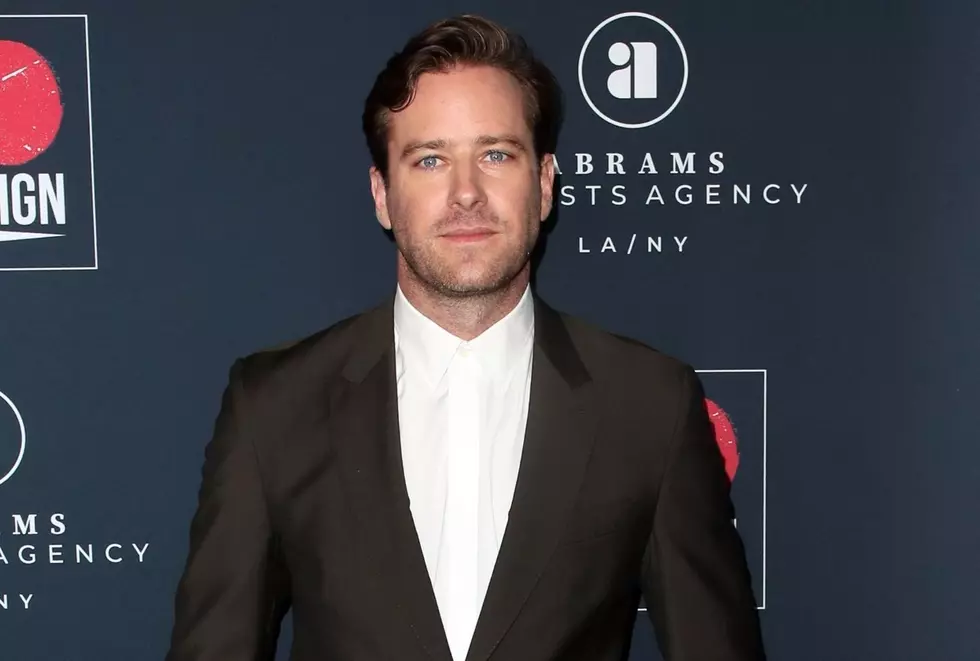
‘The Birth of a Nation’ Review: A History of Injustice, Then and Now
When Nate Parker’s The Birth of a Nation debuted at the Sundance Film Festival last January, it got a standing ovation before its premiere. People were excited to see this movie. Nine months later, the reaction to its arrival in theaters is a little bit different.
In the interim, the wildly positive response to the movie at Sundance (not to mention the record-breaking $17.5 million Fox Searchlight paid to release the movie) put a lot of attention on Parker and his past, and brought back to light charges that he and his Birth of a Nation co-writer, Jean Celestin, raped a woman while the two attended Penn State University. Parker was found not guilty (Celestin’s conviction was later overturned), but their accuser committed suicide in 2012, and Parker’s various reactions to the press coverage of the case have rubbed many people the wrong way. In the abstract, it can be easy to assert that art and artist should be judged separately, but in practice, that’s sometimes easier said than done, particularly when the two seem so intertwined, as they do in The Birth of a Nation.
Parker not only co-wrote and directed, but also stars in his film as Nat Turner, who led an armed slave rebellion in Virginia in 1831. After a prologue that shows the young Nat (Tony Espinosa) learning to read and getting anointed as a special person gifted with wisdom, courage, and vision, Parker picks up his story as a young man owned by Samuel Turner (Armie Hammer). As children, Samuel and Nat were friends. Now Samuel is the master and Nat is the slave, and though Samuel typically treats his “property” with relative kindness, his generosity and mercy only goes so far. Samuel’s family plantation is struggling; to help make ends meet, he begins loaning out Nat, who leads prayer services for the Turner farm’s slaves, to other local farms as a preacher.
Nat’s services are in highest demand at plantations where conditions are at their lowest, and so his travels expose him (and the audience) to the absolute worst of the Antebellum South, where slaves are chained, assaulted, and force-fed slop through funnels. They also provoke him to stop offering words of comfort to his parishioners and instead make fiery proclamations about executing vengeance on the wicked. The slaveowners want Nat to “calm” their workers, but in the end he precipitates the very rebellion they’re hoping to quell, with a sadistic attack on Nat’s wife Cherry (Aja Naomi King) portrayed as the final breaking point before the insurrection.
When the battle begins, Nat grabs a sword off the wall of the Turner house and begins swinging it against his enemies. Parker wields his camera in much the same way, with furious anger and little nuance. He takes his title from D.W. Griffith’s 1915 epic The Birth of a Nation, which helped invent the modern feature film with an epic story, bold visual juxtapositions, and racism so overt and abhorrent it is shocking to modern eyes. A famous (though almost certainly false) quote attributed to President Woodrow Wilson compared Griffith’s work to “writing history with lightning” and the best sections in Parker’s Birth of a Nation are charged with a similar kind of cinematic electricity. Many of his directing choices are obvious but bluntly effective, like playing “Strange Fruit” over a montage of slaves hung in the wake of Nat’s uprising. And his greatest asset is his outstanding cast, which includes Esther Scott, Dwight Henry, Roger Guenveur Smith, and Gabrielle Union.
After all the build-up, though, the battle sequences are anticlimactic. Comprised of a handful of disconnected moments, they’re the one part of The Birth of a Nation that feels small, and hamstrung by a budget that was surely less than this story demands. (The rest of the movie does an impressive job of recreating a convincing 1820s Virginia.) The Birth of a Nation seems to rush through its most important scenes, undercutting the inspiring mood Parker attempts to fashion out of Nat Turner’s sacrifice. There, too, it’s hard not to think about the real-life controversies surrounding the filmmakers in the constant looming threat of sexual violence against women and in Parker’s casting of himself as that violence’s avenger. His Turner is hero, prophet, and martyr all rolled into one.
Even if viewers try to take Parker and his past out of the equation, The Birth of a Nation still works best when the contours of Nat Turner’s era take on sad echoes of our own, insinuating America is a country built for the benefit of a few rich white men at the expense of everyone else, and showing how African Americans fight to carve out their own identity in an oppressive world. Parker holds some of the white characters in contempt, like Jackie Earle Haley’s cruel slave hunter, but he also shows a surprising amount of sympathy for others, particularly the conflicted Samuel, who’s played with impressive complexity by Hammer. Parker uses that character to suggest how reasonable people wind up participating in a system engineered to enable the victimizer and destroy the victim. Some may find resonance in that message beyond Nat Turner’s story.
More From ScreenCrush









